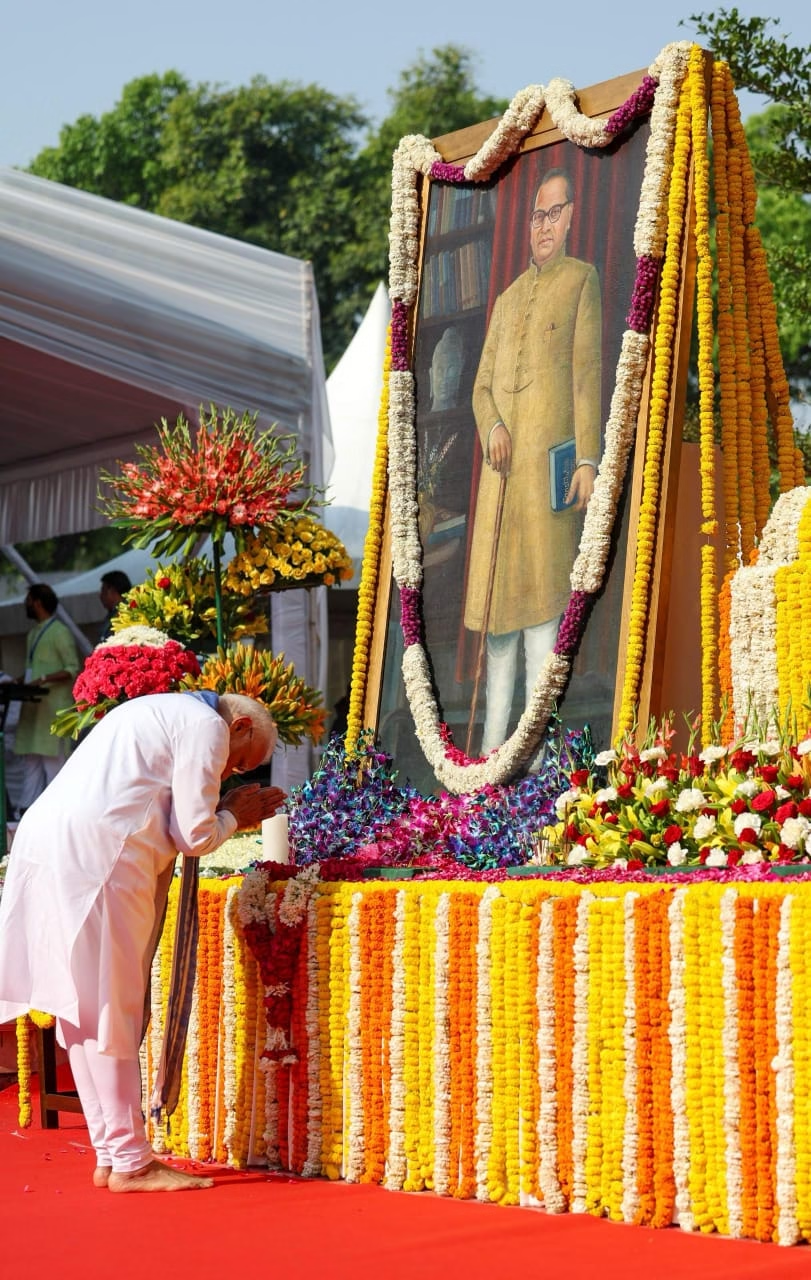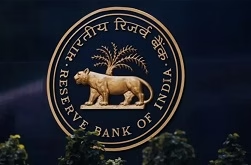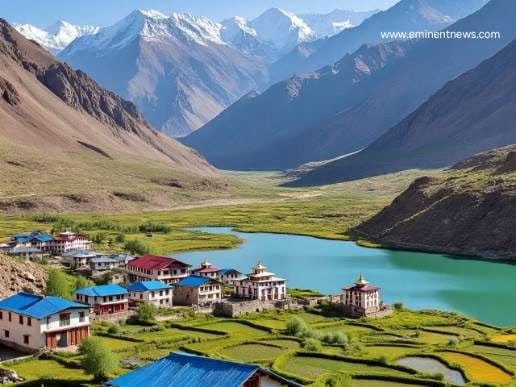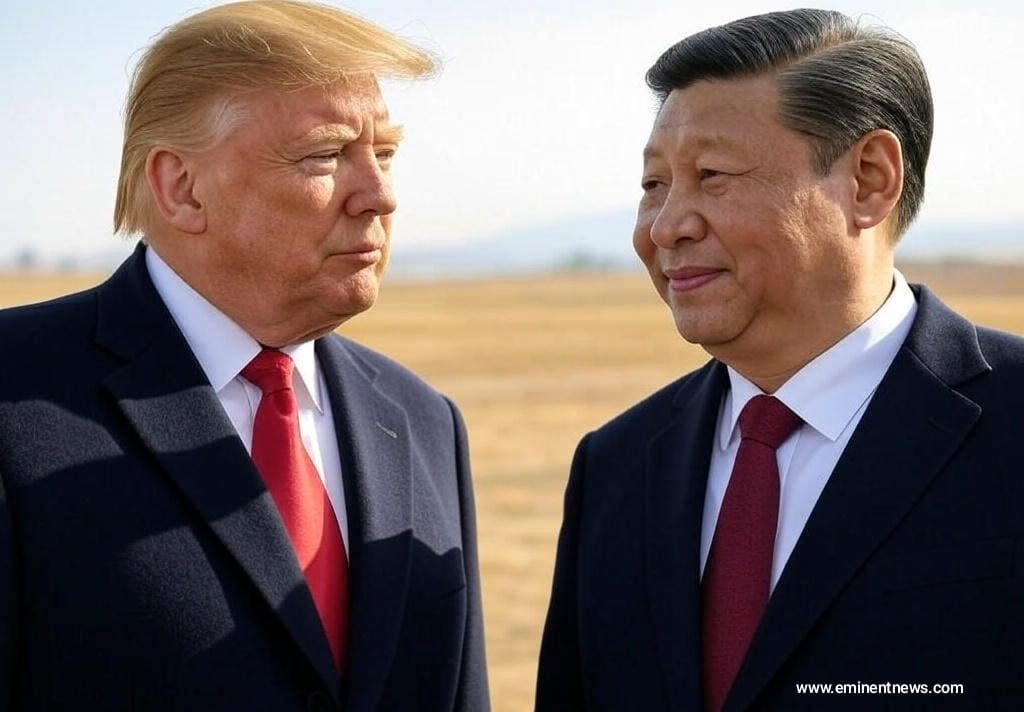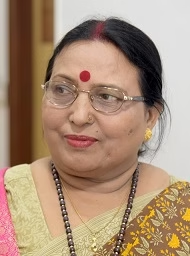Bhimrao Ramji Ambedkar, also known as Babasaheb Ambedkar, was a towering figure in Indian history, renowned as a social reformer, jurist, economist, and the chief architect of the Indian Constitution . His life was a relentless struggle against social injustice and inequality, particularly the caste system, which he dedicated his life to dismantling . Ambedkar’s contributions have left an indelible mark on India, shaping its socio-political landscape and inspiring generations to fight for a more just and equitable society .
Born into the Mahar caste, considered “untouchable,” on April 14, 1891, in Mhow, Madhya Pradesh, Ambedkar experienced discrimination and hardship from a young age . Despite these challenges, his father, who emphasized the importance of education, encouraged him to pursue academic excellence . Ambedkar’s thirst for knowledge led him to acquire multiple degrees from prestigious institutions, including Elphinstone College, Columbia University, and the London School of Economics . His academic achievements, including doctorates in economics and law, made him one of the most highly educated leaders of his time .
Ambedkar’s education and personal experiences fueled his commitment to social reform . He tirelessly fought against untouchability and caste-based discrimination, advocating for equal rights and opportunities for Dalits (formerly known as “untouchables”) . He led movements like the Mahad Satyagraha, demanding that Dalits be allowed access to public water sources and temples . Recognizing the transformative power of education, he established institutions like the People’s Education Society to empower marginalized communities through learning .
One of Ambedkar’s most significant contributions was his role as the chairman of the Drafting Committee of the Indian Constitution . He championed fundamental rights and equal opportunities for all citizens, regardless of caste, religion, or gender . He introduced provisions to abolish untouchability (Article 17) and ensure social justice through reservation policies for Scheduled Castes, Scheduled Tribes, and Other Backward Classes . Ambedkar envisioned India as a secular, democratic, and inclusive nation, where justice, liberty, equality, and fraternity prevailed .
In 1956, disillusioned with Hinduism’s inherent caste system, Ambedkar converted to Buddhism along with millions of his followers . He saw Buddhism as a path to equality, compassion, and rationality, offering spiritual liberation and dignity to those oppressed by the caste system . This mass conversion was a significant socio-religious movement in India .
Ambedkar was also a prolific writer and thinker, producing groundbreaking works on social, political, and economic issues . His notable books include “Annihilation of Caste,” a powerful critique of the caste system, “The Problem of the Rupee,” which offered insights into India’s monetary policy, and “Who Were the Shudras?” an analysis of caste hierarchies and their historical origins . These writings continue to inspire scholars, activists, and policymakers worldwide .
B.R. Ambedkar’s legacy is multifaceted and enduring . He was a champion of human rights, inspiring social movements globally . He empowered Dalits, giving them a voice and a platform to fight for their rights . His life story is a testament to resilience, perseverance, and the transformative power of education . Ambedkar remains a cultural icon, with his birthday, April 14, celebrated as Ambedkar Jayanti, a symbol of social justice and empowerment .
In conclusion,
Dr. B. R. Ambedkar’s contributions to India are immeasurable . As a social reformer, constitution-maker, and advocate for equality, he laid the foundation for a more inclusive and just society . His vision of a democratic India that values justice, liberty, equality, and fraternity continues to guide the nation . Ambedkar’s life reminds us of the importance of education, perseverance, and standing up for one’s beliefs, and he remains a beacon of hope for those striving to create a world free from discrimination and inequality .

